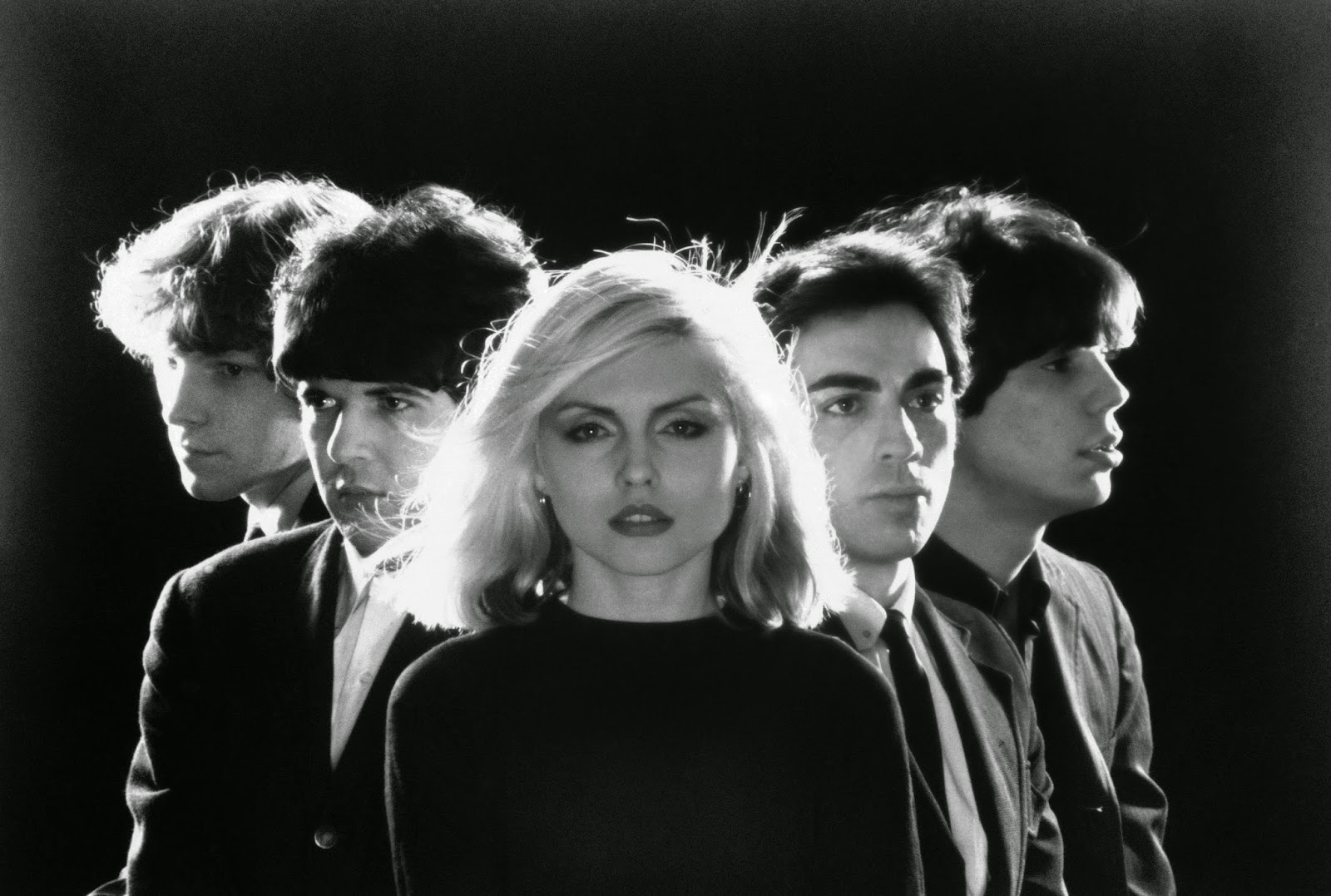42 years ago today, Blondie released their seminal third album, Parallel Lines.
On September 23, 1978, New York new wave outfit Blondie delivered their third record, Parallel Lines. While it was hardly an overnight success, the album would go on to become one of the band’s most popular releases.
Hot on the heels of Plastic Letters, released in February of the same year, Blondie seemed unstoppable. They’d been touring relentlessly in the wake of their first two albums and it seemed everyone wanted a piece of the NYC underground punks.
The band had just jumped ship from America’s Private Stock Records to British label Chrysalis Records to capitalise on their success in Europe and the UK. They’d also recruited Nigel Harrison to replace their former bassist Gary Valentine who left the band to make a name for himself following the release of Plastic Letters.
The move to Chrysalis seemed metaphoric, for the band was in a transitional state that would see them emerge anew.
However, the decision to end their contract with Private Stock early, made by their manager and revealed to the band after the fact, left them in a million dollars worth of debt.
“Some kind of control you’ve got, when you’ve signed your life away on so many dotted lines and they’ve strapped you to the head of a rocket,” writes Debbie Harry in her memoir, Face It of the “breathless, rest-less, crazy period” which preluded Parallel Lines. “The lesson was really the same as it ever was: survive and find a way to create while you’re hurtling through space.”
Before the ink on their contract with Chrysalis had even dried, Blondie were marched into New York’s Record Plant with bonafide ‘Hit Meister’ and high-budget producer, Mike Chapman, with a deadline of six months to churn out a hit album.
But Blondie emerged triumphantly from the studio in just six weeks with Parallel Lines.
Yet when they presented the album to their record label, the band were told the album had no hits. It’s hard to believe such a reaction, considering the record holds some of Blondie’s best-known songs, including ‘Heart of Glass’, ‘One Way or Another’, ‘Sunday Girl’ and their cover of the Nerves’ ‘Hanging On the Telephone’.
Although it wasn’t an immediate success, particularly in the US, the record eventually earnt the band their first number one single in their home country when ‘Heart of Glass’ climbed to the top of the American charts the following year.
Now one of their most famous singles, the track’s inclusion on the album was somewhat of an afterthought at the time. Written by Harry and Chris Stein in 1974, then referred to as ‘The Disco Song’, the track surfaced late in the Parallel Lines recording sessions when Chapman asked the band if they had anything else.
Replacing the stripped back, funky melody of their ‘Disco Song’ demo with a Kraftwerk-inspired sonic backdrop lead by a Roland CompuRhythm drum machine and synthesiser, ‘Heart of Glass’ was the antithesis of the adamant ‘death to disco’ scene that served as much of Blondie’s fanbase at the time.
“It’s disco but at the same time it’s not,” writes Harry of ‘Heart of Glass’ in Face It. “That song pissed off a lot of critics, but as Chris the Dadaist likes to say, it made us punk in the face of punk.”
Harry retains her juxtaposition of punkster meets pin-up girl across the record, balancing her saccharine girl-next-door charm on the likes of ‘Sunday Girl’ with her grittier, rough-around-the-edges side on tracks such as ‘One Way or Another’.
Parallel Lines also sees Harry flexing her range as a vocalist and her charisma as a frontwoman, shifting between the throaty crooning of ‘Picture This’, the sultry whisperings of ‘Fade Away And Radiate’ and the spoken-word stylings of ‘Pretty Baby’.
Sonically, the album is an adventurous example of Blondie’s dexterity as a band. Having risen through the art-punk and new wave scenes, most of their circle wouldn’t be caught dead dabbling with disco or writing pop songs.
But that’s what made Blondie punk, they didn’t care what was cool or what anyone else thought. They were going to do what they wanted to do and sound exactly how they wanted to sound, critics and naysayers be damned.
And that’s why, over four decades on from its release, Parallel Lines remains a timeless template for what a pop record should be. It’s dynamic and daring, flirty and fun and catchy as they come.
Never miss a story. Sign up to Beat’s newsletter and you’ll be served fresh music, arts, food and culture stories three times a week.







